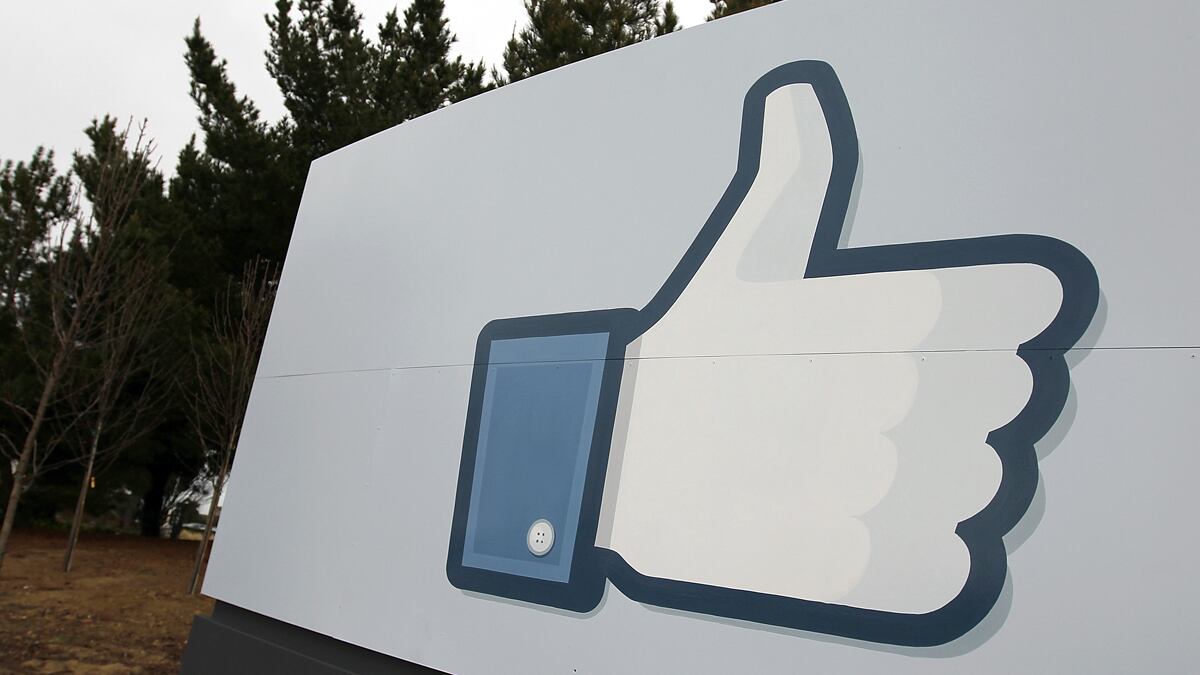The world of venture capital is rich with tales of colossal payoffs. The partners at Benchmark Capital invested $6.7 million in eBay in 1997—and saw their stake mushroom to $400 million when the company went public one year later. Sequoia Capital and Kleiner Perkins Caufield & Byers invested $12.5 million each in a small search startup called Google back in the late 1990s—and for their troubles walked away with a payout of around $2 billion a piece.
Yet it looks like the record books need to be rewritten with Facebook on the verge of an initial public offering. A single firm, Accel Partners, stands to make somewhere around $10 billion on the $12.7 million it invested in Facebook in 2006.
Ten billion dollars on a $12.7 million investment: that’s a return of about 800 to 1. That’s $8 million for every $10,000 Accel invested.
And an 800-to-1 payout assumes Facebook has a fairly disappointing stock-market debut. An IPO that values Facebook at $100 billion—at the upper range of the possible, according to published reports—would mean Accel and its investors (university endowments, pension funds, rich individuals) will collectively see an $11.4 billion payday.
That would be a return of nearly 1,000 to 1—or “1,000x” in venture-speak.
Interestingly, Jim Breyer, the Silicon Valley capitalist who pushed his partners to invest in Facebook in 2006, was widely ridiculed within venture circles for paying so high a price for a share of a one-year-old service then limited to the college crowd. “We always go into a deal hoping to make 10 times our money,” Breyer told me at the time. “I don’t know how this one will play out, but for now it’s going extremely well.”
Venture capitalist David Sze was also an early investor in Facebook, though his firm, Greylock Partners, didn’t get in quite as early as Accel. Greylock and also a second firm, Meritech Capital Partners, which invested alongside Greylock, stand to make a return of around 200x each on behalf of its investors—“which would definitely put both in the all-time Top 10 list,” said one VC. (Sze declined comment for this piece, citing the quiet period that starts once a company declares its intentions to go public.)

Before the dotcom bubble of the late 1990s, an investment firm that earned a venture firm 10 times its initial investment was considered a big hit. “Until 1998 or 1999, 10 times was considered a home-run investment,” Breyer said back then. (Like Sze, Breyer declined comment, citing the traditional quiet period.)
“Twenty times was considered a grand slam out of the park.”
Apple, for instance, earned its investors a return of around 10x when it went public in 1980, according to the National Venture Capital Association. Microsoft earned its investors around the same when it started selling shares on the stock market in 1986.
By the late 1990s, though, a venture firm would need to earn 50 times its money on an investment, if not 100 times, to prompt other venture capitalists to take out a tape measure. Accel had three investments at the end of the 1990s that paid more than 100 to 1, “and we were hardly the only ones,” Breyer said.
Said William Davidow, a founding partner in Mohr Davidow, in an interview several years back, “Doing 200 times is absolutely amazing.” One of the Valley’s more highly regarded VCs, Davidow at that point had been in the business for two decades. But of all his investments, only one has produced more than a 50-fold payoff—Rambus, a company in the computer-chip design business that went public in 1997.
The previous record holder had been eBay, according to several venture capitalists and industry watchers. The $6.7 million that Benchmark invested in eBay in the summer of 1997 was worth $400 million when the company went public in September 1998, according to EBoys, a book by Randall E. Stross that was published in 2000. By spring 1999, Benchmark’s investment was worth $4.2 billion as eBay’s stock soared—a payoff of more than 600 to 1, earning more than $200 million for each of Benchmark’s partners.
Says John Taylor, head of research for the National Venture Capital Association, of the Facebook deal, “Jaws are certainly dropping on this one.”






